The expectation of mothers is to help children develop comprehensively both physically and intellectually. In addition to genetic factors, foods that babies eat every day also play an important part in shaping their intelligence and physical health. So what should you feed your child to be smarter? Best brain foods provide healthy fats, DHA, iron .. added to the children’s diet daily will help children develop the necessary intellectual capacity.


1. Nutrients needed for the brain
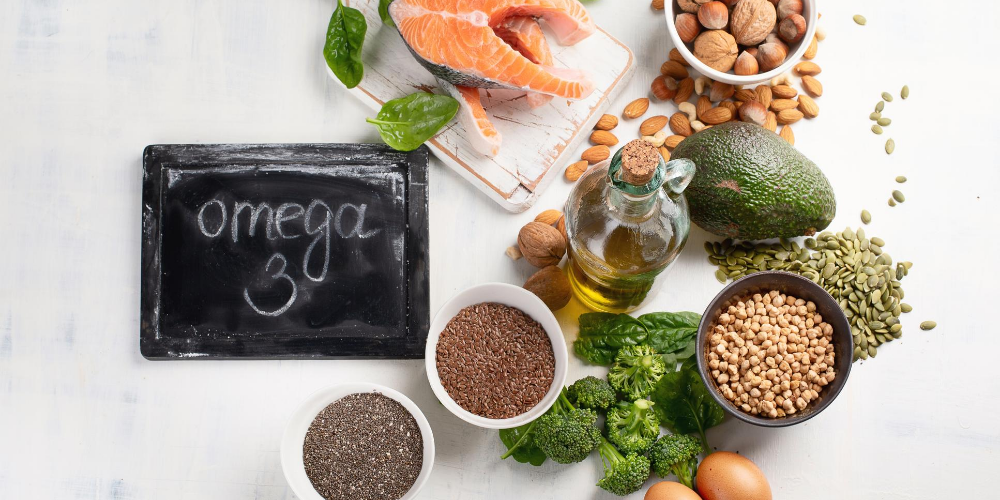

The brain is the most energy-consuming organ in the body so it requires a special diet. There are many nutrients that help the brain function effectively, boost intelligence and improve memory. You can supplement them with food and supplements :
- Water: Of the brain constituents, about 80% is water. The lack of water can increase stress hormones, adversely affecting brain activity. Therefore, it is recommended to drink at least 2 liters of water a day for better brain function.
- Omega-3 fats: The brain has 60% fat, especially fatty acids, of which DHA is the most important. Omega-3 helps increase communication between nerve cells, reduces platelet aggregation, thereby reducing the risk of heart failure and stroke. This fat is naturally found in mackerel, salmon, herring, anchovies, tuna, and some plants such as soy, seaweed. Just eating fish 2 times/week is enough.
- Phospholipid: A substance that helps create myelin that envelops your nerves, resulting in better signaling of the brain. Phospholipids are abundant in egg yolks, organ meat …
- Amino acids: Amino acids are the structural unit of the food protein. The brain needs to make neurotransmitters and provide energy. Two important amino acids for the brain are tryptophan and tyrosine. Tryptophan is a precursor to the neurotransmitter serotonin. The body can’t make tryptophan, so it needs food. Tyrosine needed to produce the brain-stimulating transmitters are dopamine, epinephrine, and norepinephrine.
- Starch: Sugar is a fuel that helps the brain function and is indispensable in your daily diet. Therefore, in order to maintain the brain’s energy levels, you must regularly get enough of this substance with some foods like carrots, beets, and grains.
- Vitamins, minerals: help promote the effects of nutrients, vitamins, and minerals that help convert glucose into energy, amino acids into neurotransmitters, essential fats into a more complex form. In particular, B vitamins such as B1, B3, B5, B6, B12 (found in whole grains and vegetables), vitamin C (found in vegetables and fruits), folic acid (in dark green vegetables ), magnesium (found in green vegetables, nuts), manganese (found in nuts, fruits, tea) and zinc (found in oysters, fish, nuts).
- Choline: Choline is a vitamin-like substance, Choline works to help the brain remember better. You can find this substance in foods such as fish, liver, eggs, peas, rice … Among them, egg yolks are the most dietary source of choline.
- Protein: One of the benefits of protein is to help you extend memory. A diet high in lean meat and low in fat is good for weight loss and good for health, plus it is also good for brain function. Animal protein, found in food sources like turkey, tuna, and chicken, provides the brain with tyrosine, an amino acid that helps increase the amount of dopamine and norepinephrine in the brain. These are chemicals that help keep the brain awake and focused.
- Iodine and iron: These are two essential nutrients for the brain. Lack of iodine your body will be passive, stagnant, poor cognitive, limited intelligence. Therefore, in the daily diet, you must complete the iodine salt or seaweed with the appropriate content. Iron is a necessary micronutrient to make blood, iron deficiency will lead to anemia in your body, and of course, anemia is also unavoidable. You may feel tired, lose focus, or feel sleepy, lose consciousness. Iron is high in Blood, liver, meat, fish, eggs, vegetables, legumes.
2. Top 5 best brain foods for the child
2.1 Best brain foods for the child: Fatty Fish
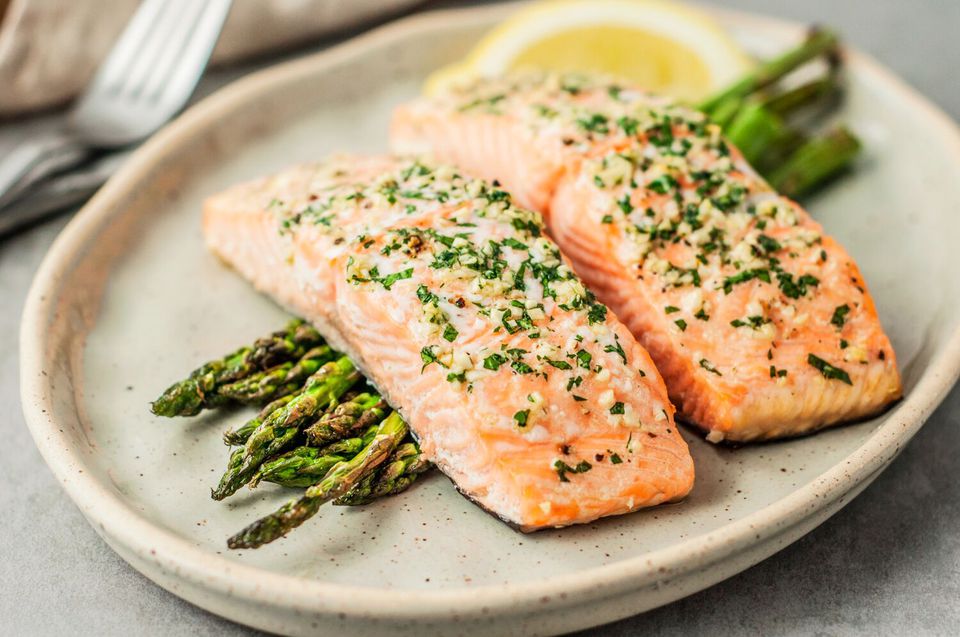

✅ Fish is a rich source of omega-3 fatty acids. These special fats play an important role in your baby’s brain development. Fish also contain lots of zinc, beneficial iron. Small, soft fish like sardines are a good source of calcium. If your child eats a lot of fish, it will also increase the amount of vitamin D naturally. You should feed your baby lots of salmon, herring, and sardines.
2.2 Best brain foods for the child: Egg
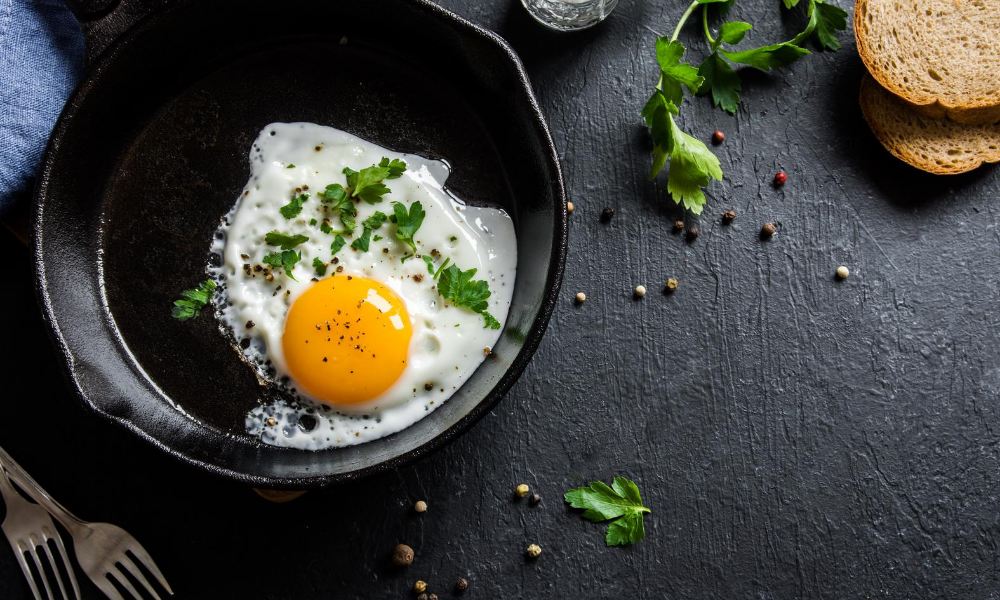

✅ Egg yolk as well as fish eggs are a good source of vitamin D, folate, and choline. Choline is an important brain nutrient because it supports the synthesis of acetylcholine – an important neurotransmitter. In addition, egg yolks also provide a lot of fat, vitamin A, zinc, … essential for the development of the baby.
2.3 Best brain foods for the child: Avocado


✅ Avocados are rich in Omega-3 fatty acids, which are the acids that increase blood flow to the brain. This helps to increase the intelligence of children and stimulates the development of the central nervous system. In addition, the antioxidants in avocados protect your baby’s brain.
2.4 Best brain foods for the child: Olive oil


✅ Olive oil has many effects on your baby’s health, especially to help protect the brain. Unsaturated fats Omega 3-6-9 in olive oil helps promote the transport of more oxygen into the brain. Omega 3 fatty acids also have anti-inflammatory and antioxidant effects, which help promote healthier brain cells. Therefore, using olive oil is very beneficial for the development of intelligence for the baby.
2.5 Best brain foods for the child: Cereals
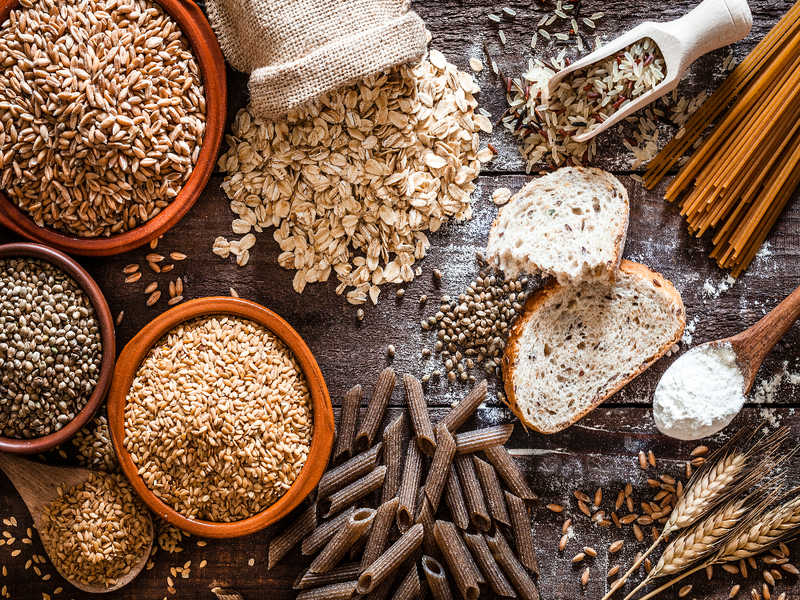

✅ Cereals contain a large amount of vitamins A, B, and C, which help in cell development and nervous system. Besides, cereals also provide the necessary energy (glucose) for brain activity.
3. Foods that damage the brain


In addition to the beneficial foods, you should limit some foods that can negatively affect brain function such as memory, mood, or increase the risk of diseases such as dementia.
- Sugary drinks: Sugary drinks like soda, juice, energy drinks have negative effects on the brain. Type 2 diabetes is associated with an increased risk of Alzheimer’s disease. Most sugary drinks are high in fructose, which is associated with obesity, high blood pressure, high cholesterol, and arterial dysfunction. Metabolic disorders can lead to an increased risk of dementia. A diet high in sugar can lead to encephalitis and memory loss.
- Alcohol: Excessive consumption of alcohol can seriously affect the brain. Chronic alcoholism can lead to decreased brain volume, metabolic disorders, and disruption of nerve conduction. People who consume too much alcohol often have vitamin B1 deficiency, which leads to brain damage, including memory loss, vision disorders, confusion, and unstable nerves.
- Fish high in mercury: Mercury is a heavy metal and is a neurotoxin, can be stored long-term in animal tissue. If a person eats mercury, it will spread throughout the body, focusing on the brain, liver, and kidneys. Fish with high mercury content include sharks, swordfish, tuna …
- Processed foods: Processed foods often have lots of sugar, fat, and salt. These foods include chips, candy, instant noodles, popcorn, sauces, and prepared meals. These foods are high in calories and low in nutrients, which can lead to obesity and negative effects on the brain. Moreover, processed foods often contain preservatives and saturated fats, which are not only harmful to the brain but also to the whole body.
4. Recommended for you :
🎁 DHA develops children’s intelligence
Recent studies suggest that using DHA during infancy, school years, or even during pregnancy may be a simple way to develop a child’s brain. You probably didn’t know: 60% of the brain is made up of fat. DHA alone accounts for about 15−20% of the cerebral cortex. DHA is highly concentrated in nerve cells – supports the formation of a central nervous system structure. The brain is made of DHA fat, so it plays an important role in brain function. However, this fat cannot be synthesized in the body but must be replenished from the outside. You can use fatty fish (salmon, tuna, sardines, mackerel), nuts (walnuts, almonds, peanuts) to supplement DHA for children. In addition to using functional foods, formula milk is also a preferred source of DHA.
🎁 Omega 3 Fish Oil Supplement – Immune & Heart Support Benefits– Promotes Joint, Eyes, Brain & Skin Health


✅ At BioSchwartz, they believe a healthy gut is a happy gut. Their mission is to empower you to elevate your quality of life through superior supplements. Their supplements are made with superior-quality ingredients to help you achieve optimal health from the inside out.
- ENHANCED ABSORPTION AND BIOAVAILABILITY – Unlike most fish oil supplements on the market, Ultra-Pure Fish Oil Omega 3 is extracted using a proprietary method that concentrates the value of Omega-3’s for enhanced absorption and superior bioavailability.
- SUSTAINABLY CAUGHT FROM ICELAND: The fish are never farm-raised; they are caught fresh from the pristine, cold waters of Iceland for exceptional purity and zero contamination, as evidenced by the rigorous testing of each and every batch.
- SUPPORTS A HEALTHY HEART – May help support and maintain healthy cholesterol levels that are already in the normal range. Directions: As a dietary supplement take three (3) softgels per day with a meal or as directed by your healthcare professional. Do not exceed three (3) softgels per day.
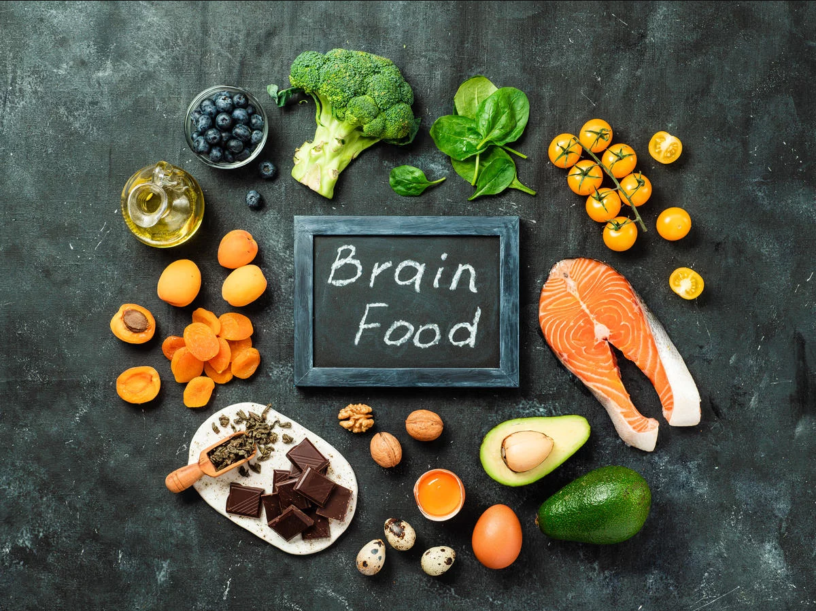





Leave a Reply